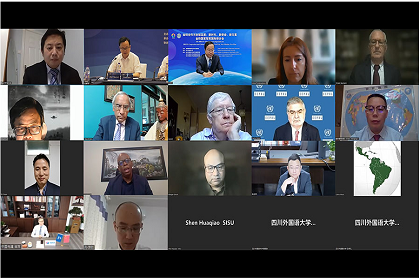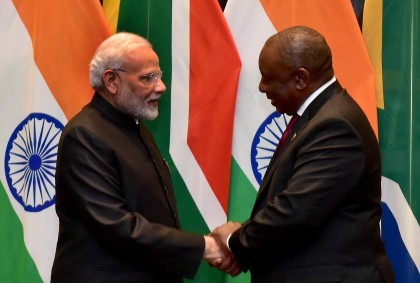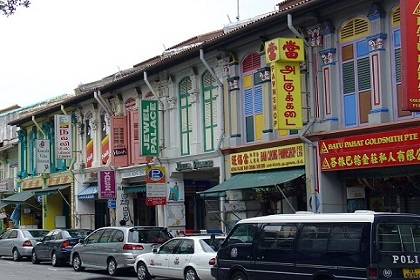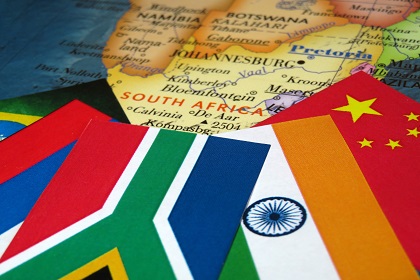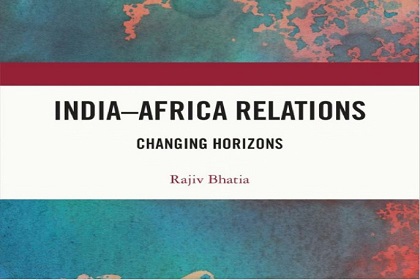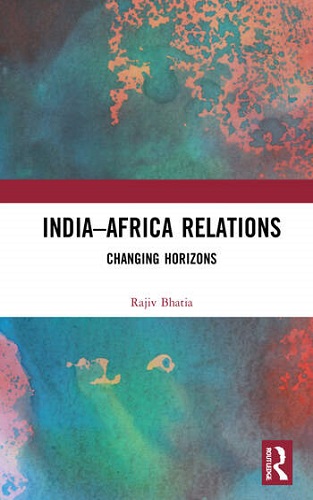The trouble with Europe outsourcing asylum
The attempts of responsibility-transfer of asylum-processing and refugee-protection by the UK and Denmark to Rwanda, reflect a fundamental shift from the conventional principle of territorial asylum and set an undesirable precedent. Deporting the vulnerable to countries with perpetual internal socio-political and economic issues and inadequate asylum infrastructure, will gravely compromise their safety, welfare, human rights and benefit claims as refugees.


